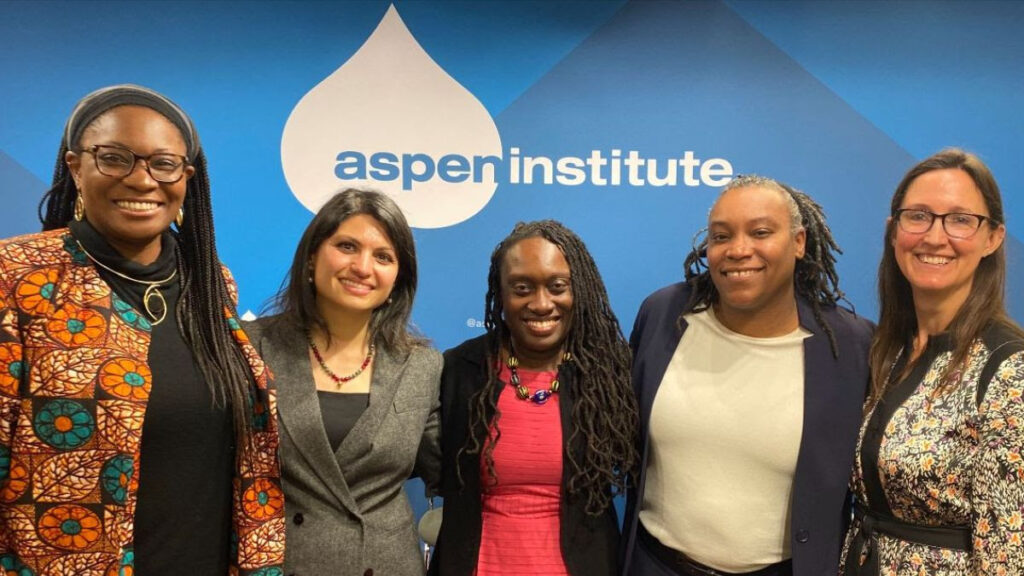Events
In partnership with others committed to equity, GHC hosts a range of webinars, salons, town halls, and other events open to the public to promote connection, learning, and inspiration. We welcome you to catch up on past conversations and join us for upcoming events!

